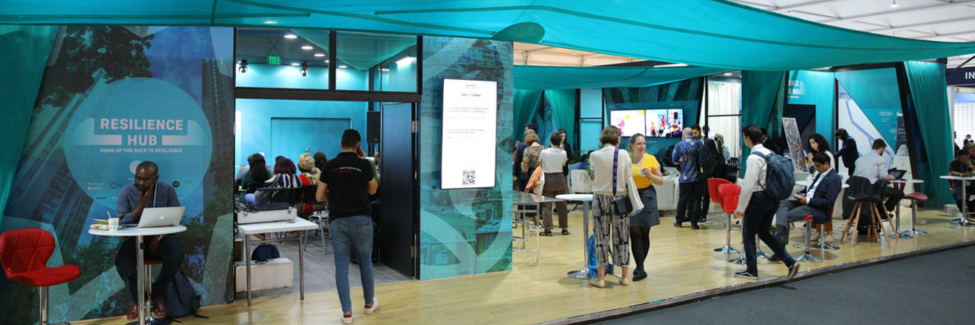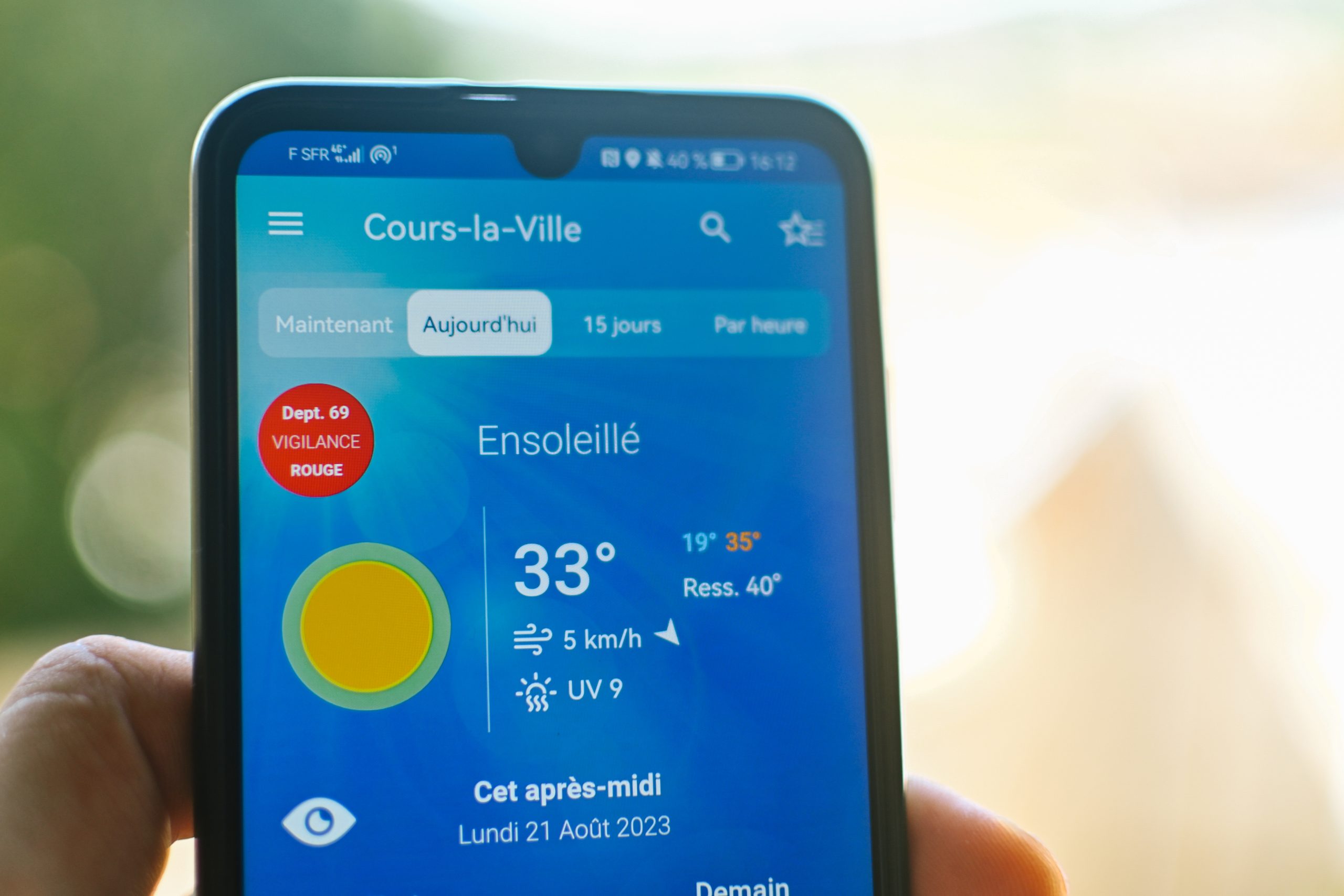The world’s largest climate gathering of its kind is just around the corner. The event is held annually in New York City alongside the United Nations General Assembly (UNGA). With over 600 planned events, the conversations that happen at Climate Week NYC will feed into COP16 and COP29, marking an important milestone in the countdown to these major negotiations.
The world is at a critical juncture. This summer was the hottest on record, and many are predicting this year to be one of the hottest. Under the shadow of the upcoming tenth anniversary of the Paris Agreement, the need to halve emissions is increasingly urgent. As thousands of people converge on the city—both in person and virtually—it’s time to understand what is on this year’s agenda.
1. It’s time.
The main theme of this year’s Climate Week is “It’s Time.” From the fossil fuel phase out to climate finance, this year’s annual gathering is focused on climate action at scale and speed. All events are organized around ten core themes: energy, environmental justice, finance, the global food system, the health impacts of climate change, heavy industry and the circular economy, nature, climate policy, sustainability, and transportation.
2. We need another Paris moment.
At COP28, the first Global Stocktake was concluded and its findings shared with the world.
Under Article 14 of the Paris Agreement, nations must assess their “collective progress” on climate goals including limiting global temperature rise to 1.5 degrees Celsius, building resilience, and meeting climate finance goals.
The five-year assessment made it clear that we are not on track to achieve these climate goals. In fact, the world now has a 66 percent chance of warming 3 degrees this century.
To get the world back on track, the stocktake report offers four clear recommendations: cut emissions 43 percent from 2019 levels in just six short years to stay on target; develop actionable strategies for adaptation; close the climate finance gap; and create a standardized approach to set and evaluate national climate targets.
Negotiators from nearly 200 parties agreed to the stocktake. But the report is nothing without action.
The conversations in New York must assess how progress can be made. Without accountability or progress, the world will remain desperately off track of the Paris goals.
3. People are at the heart of climate action.
One of this year’s themes is environmental justice. Many events explore how climate action can be more inclusive and just, since climate change is inherently unequal. In the United States alone, 40 percent of national emissions come from just the richest 10 percent of households. This year, the Climate Week agenda has prioritized events that “amplify the voices and stories of those who bear the brunt of climate impacts, but have been left out of the decision making.”
From policies like the United States’ Justice40 to solutions like the Climate Justice Impact Fund for Africa, there are clear pathways to ensure that solutions are more equitably designed, implemented, and monitored. By keeping this topic on the official agenda, this year’s Climate Week has made inclusive climate action a clear priority.
4. The finance gap is a cross-cutting issue.
A few years ago, finance was rarely at the top of the international climate agenda. Now, it has consistent and growing focus—in part because of the large finance gap.
In fact, the G20 estimates that developing countries will need $5.9 trillion by 2030 to meet their climate goals.
Even more concerning? Global finance needs for adaptation are up to 18 times more than current public finance flows. That’s 50 percent higher than previous estimates.
At Climate Week NYC and COP29, the private sector must be at the table. The sector manages an estimated $210 trillion in assets, or “roughly twice the gross domestic product of the entire world.”
At last year’s Climate Week, these conversations began. There were calls for companies to develop a standardized method for transition finance. Now, there is a clear chance to delve into this issues, connecting private and public sector actors to identify solutions and opportunities to close the gap.
“At New York Climate Week, we look forward to having those conversations, those discussions, those inputs, those connections between the private sector and the public sector to discuss how they’re going to bring together their investments—their thinking—on internalizing climate risks and climate costs,” explains Jorge Gastelumendi.
The Arsht-Rock Resilience Center will be leading many of these conversations, connecting the banking, insurance, and investment industries with climate leaders and organizations to accelerate action.
5. Resilience is on the road.
For the first time ever, the COP Resilience Hub has a space at Climate Week NYC. Since COP26, the Resilience Hub has worked to ensure that adaptation and resilience efforts were on the international agenda. Often, negotiations and conferences honed in on critical mitigation efforts. However, over 3.6 billion people are already living in places that are vulnerable to climate change. There is a clear need to protect people now.
At Climate Week, the Hub will center conversations on the intersection of finance and nature. With three dedicated sessions, it will become the center stage for sustainable climate finance strategies. The morning programming kicks off with a deep dive into community-led action and concludes with a look at the new finance architecture.
These conversations will not happen in isolation. The COP Resilience Hub will head to Azerbaijan in a few short months, and build on the momentum started in London and New York.
What’s on the agenda?
The Arsht-Rock Resilience Center will have a strong presence at Climate Week NYC. Our team will co-host and lead events that gather policymakers, scientists, private sector leaders, and community representatives.
As managing partners of the Resilience Hub, the Center will co-host Resilience Day. We will also organize a panel on gender-responsive approaches to extreme heat. Finally, in collaboration with Cool Up and Guidehouse, we will host a roundtable to develop actionable recommendations on extreme heat and sustainable cooling.


